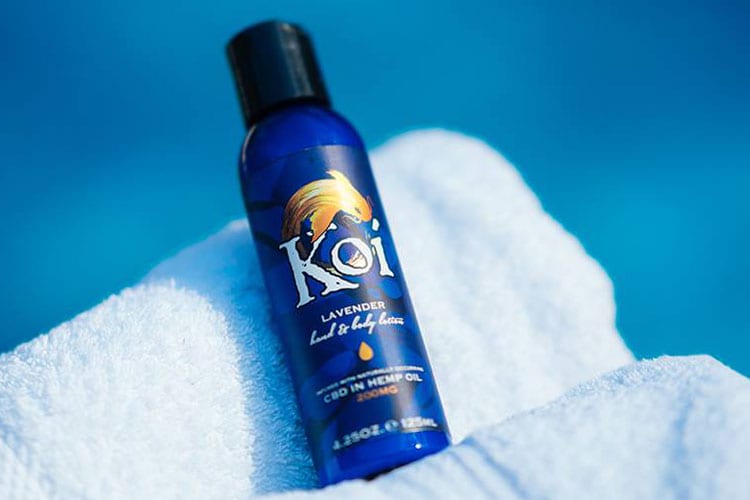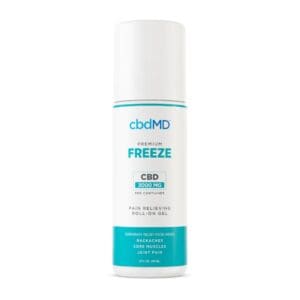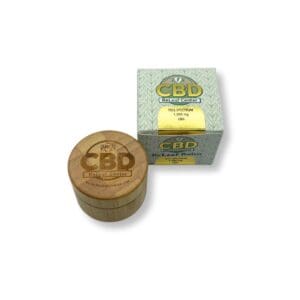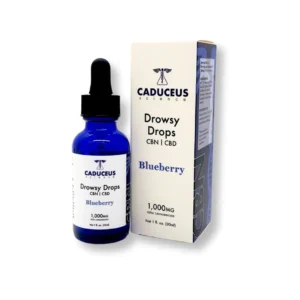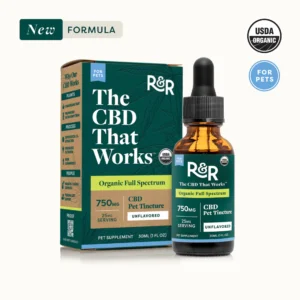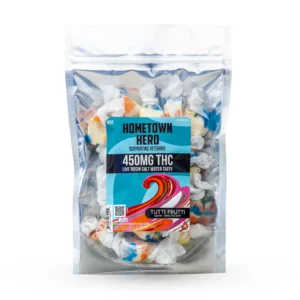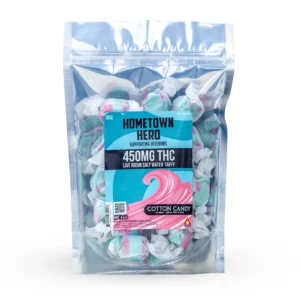Although when in middle school your friends may have found it amusing to tell you that “your epidermis is showing,” scientists are now reconsidering skin as an emerging neuro-immuno-endocrine organ. Endocannabinoid receptors in your skin can absorb topical CBD and lead to a balanced health system.Applying CBD lotion also comes with the sensual bonus of taking time out of your hectic schedule to caress your body with a substance that will not only moisturize your skin but provide cannabinoids directly to where you need them most.
While we certainly do not claim that CBD can cure skin conditions, there are growing bodies of citable research that suggest there are benefits to topical CBD application. [R]
CBD LOTION ISN’T JUST FOR SKIN DISCOMFORT!
Clinical Endocannabinoid Deficiency (CECD) is a popular new medical concept wherein a patient is determined to not be producing enough cannabinoids inside their body. Research published in the peer reviewed journal, Cannabis and Cannabinoid Research, in July of 2016 by Ethan B. Russo suggests that syndromes that are treatment resistant may be due to a cannabinoid deficiency as stated:
“The theory of CED was based on the concept that many brain disorders are associated with neurotransmitter deficiencies, affecting acetylcholine in Alzheimer’s disease, dopamine in parkinsonian syndromes, serotonin and norepinephrine in depression, and that a comparable deficiency in endocannabinoid levels might be manifest similarly in certain disorders that display predictable clinical features as sequelae of this deficiency.”
Russo’s findings implicate that illnesses that were once thought to be untreatable, may simply be prevented through cannabinoid supplementation. Using CBD infused oils, edibles and even topicals can ultimately balance your endocannabinoid system and positively impact your whole health.
The limelight has been on neurotransmitters such as serotonin, dopamine, GABA, and glutamate for quite some time – but given the complexity of the human organism, it’s no surprise we have stumbled onto an entirely new set of chemical messengers that may be just as important.
USE CBD LOTION TO AMELIORATE CLINICAL ENDOCANNABINOID DEFICIENCY
Scientists currently believe that supplementing the body with cannabinoids (such as those in Koi CBD Lotion) boost levels of endogenous cannabinoids (such as anandamide) by competing with a transport protein known as Fatty Acid Binding Protein (FABP). In doing so, the theory is that CBD helps to reduce the break down of anandamide*.
Anandamide has a very short half-life of only five minutes, indicating that an increase in the presence of this endocannabinoid in the body (even slightly) may have significant benefits for health*.
Just look at the name – anandamide (‘ananda’ is Sanskrit for ‘bliss’). It has been fittingly dubbed ‘the bliss molecule,’ as it has a hand in everything from sex and appetite to pleasure and mood. Many experts call anandamide the human body’s equivalent of THC.
CBD LOTION BENEFITS EVERYONE*!
So, as you can see, there are many reasons to try Koi CBD lotion. The most obvious candidates are people with uncomfortable skin problems that affect day to day life, but there are many close runner-ups. Individuals who choose not to smoke or vape, or those who enjoy the idea of added cannabinoids as a convenient part of their established daily self-care regimen are good examples.
The excellent thing about Koi CBD Lotion is that in addition to being laboratory tested for purity, it contains botanicals like aloe vera, jojoba, coconut oil, witch hazel, neem, and others that have stood the test of time for promoting optimum skin health*. Do your largest organ a favor and order Koi CBD Lotion today!
*These statements have not been evaluated by the FDA. This product is not intended to diagnose, treat, cure or prevent any disease.
References:
https://www.liebertpub.com/doi/full/10.1089/can.2016.0009
https://www.ncbi.nlm.nih.gov/pubmed/15927811
https://www.ncbi.nlm.nih.gov/pmc/articles/PMC2757311/

